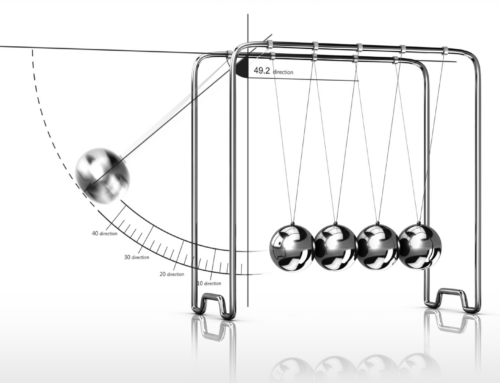An interesting thread of comment came up on Facebook about how we trust that the future will be like the past, known as the ”Uniformity of Nature.” How can we know that the future will be like the past? If we could not ”know“ this very simple concept, then we would not perform experiments in science. For example, if we were to do an experiment and see that water boils at 212 degrees, but do not expect the future to be like the past, then why do the experiment? For all we know when we do the experiment again tomorrow under the same conditions it might be different. The question is, ”HOW do we KNOW that the future will be like the past?” Here was my response on Facebook:
I believe the misunderstanding is coming up when we refer to the future being like the past. If I ask you, “How do you know the future will be like the past?” and you tell me, “Because in the past, the future has been like the past,” you are committing a logical fallacy of “Begging the Question.” It becomes a viciously circular argument, and that goes against logic.
I am not asking you if, in the past, the future has been like the past, I am asking you how you KNOW that the future will be like the past. The only thing you can give me from your worldview is: “It has been that way in the past, and there is a high probability that it will be like that in the future.”
I am not trying to put words into your mouth but that is what it comes down to.
The point is to show you that to assume the future will be like the past is to borrow the Christian worldview. We can give an account as to “why” the future will be like the past. It is because God in His word ”revealed“ the knowledge to us that He holds all things together.
Our question for you is, ”In a random-chance world, how do you know the future will be like the past?”
Try to answer this without referring to the past so that you don’t commit a logical fallacy and look silly.
Does it make sense to assume that the future will be like the past (or will even probably be like the past) without depending on the God who knows the future? No way! To say that the future will even ”probably“ be like the past is assuming the very thing you are trying to prove.
Think about it: When someone says that something will ”probably happen,” what are they really saying? They mean that since this event happened in the past and we know that the future is like the past, there is a high probability that this will happen in the future. You see, they assume what they are trying to prove, which is viciously circular.
I know, it is deep, but understand this: If the world were random, i.e. if anything could happen, we would have no basis to trust that the future will be like the past. Therefore, we could not have science, either, because it depends on this very fact to do repeatable, testable experiments.
When scientists tell you that they don’t believe in God, don’t believe them!






